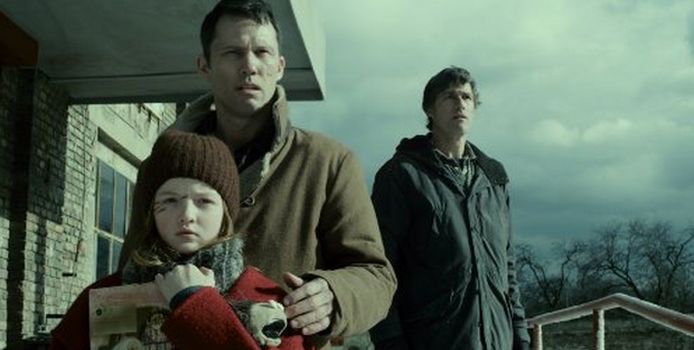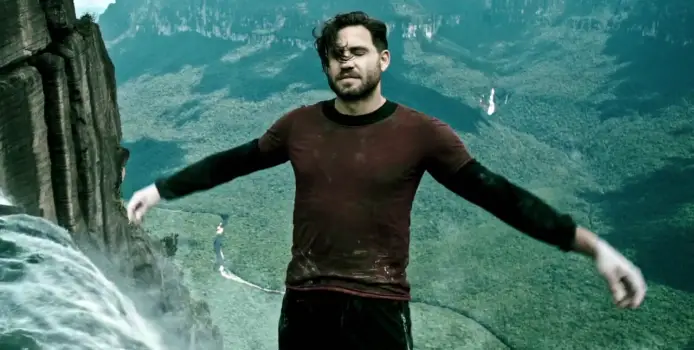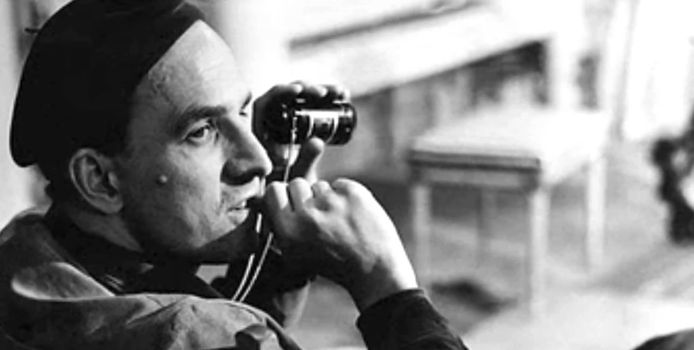
Saying you like Ingmar Bergman is like saying you like cinema. His influence and style have become more than an influence, a defining layer in the foundation of cinema. With some directors you can recall a few classic movies, but with filmmakers like Bergman, who has so many definitive credits as a director, his filmography can almost seem too daunting to follow.
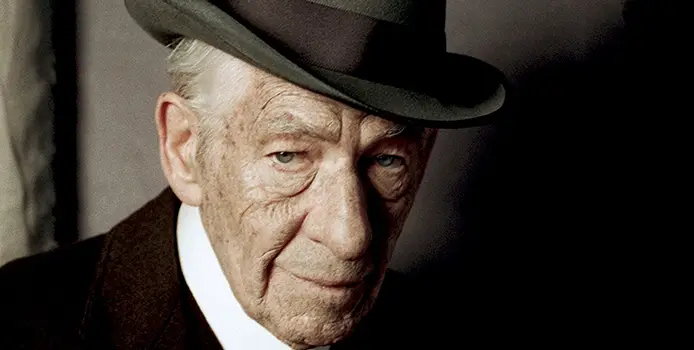
There is something so endlessly fascinating about the character of Sherlock Holmes that prevents him from ever becoming boring to audiences, no matter how different Arthur Conan Doyle’s detective creation is to the pop-culture tastes of the time. The source material is so undeniably entertaining that even if it gets revised as an action blockbuster, as seen in Guy Ritchie’s two recent movies, or transplanted into the modern day, on Steven Moffat’s BBC series, it never loses any of its original charm. No matter how unique a new adaptation of the stories may be, Doyle’s stories are so widely revered that nearly every adaptation of them remains faithful to the essence of the characters, even if they may take a few liberties.

Inside Out is the latest in a long line of Pixar films that deal with the personification of something that you may have thought to be emotionless. Rather than bugs, toys, or fish this time, though, it is dealing directly with emotions themselves. What if the inner workings of our head were similar to an operational business, where our emotions literally guide and influence the actions in our daily life?

In 2007, I was a zombie and I was murdered by a man named Graham Clarke. Okay, I was actually a hungry film student in Los Angeles and I was working on a short film in which Graham played the hero. In student films, “working” also means being the token extra and that’s how I ended up doing my best zombie shuffle in Among the Dead.

Testament Of Youth is based on Vera Brittain’s memoir of the same name. Her book pays homage to her own losses while growing up during World War I, but also the great loss felt by her generation. Brittain’s book is perhaps unique in that in the UK we are often told about the loss of life during the war.
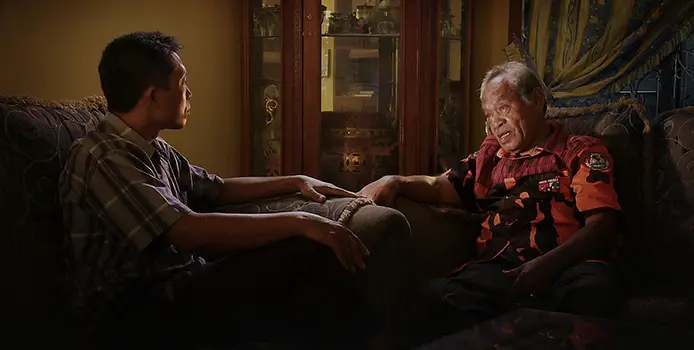
Ignorance truly is bliss. Before watching Joshua Oppenheimer’s harrowing 2012 documentary The Act of Killing, I had no knowledge of the 1965-1966 genocide in Indonesia, which was initially intended on purging “communists” from Indonesian society, but resulted in a million innocent people being massacred. That I could have no awareness of the subject could be blamed on western ignorance – upon receiving the BAFTA for best documentary, Oppenheimer claimed that the UK and US were partly responsible for these atrocities to happen due to their insistence on destroying communism at any cost (a statement that was naturally cut out of the TV broadcast).

I implore you to actually take the time and think about the concept of climbing Mouth Everest. Imagine the possibility of falling rocks or ice, the extreme temperature, breathing thinner air, lack of medical care, and all the other things that make rock climbing a generally bad idea. Never-mind the fact you will probably never be on the same level as the Sherpa people of Tibet who are renowned for their mountaineering skill.
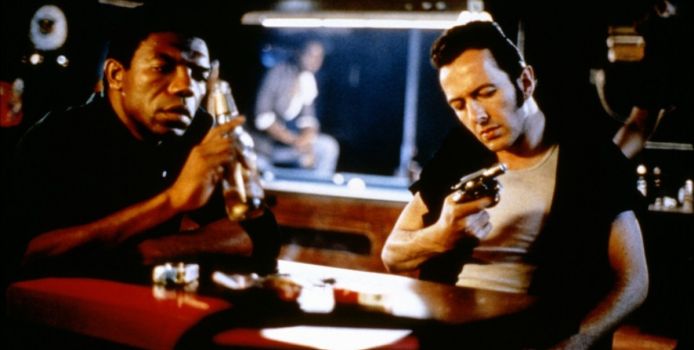
Joe Strummer, born John Grammar Mellon, is best known as the scowling, screaming, warrior-poet who sang lead vocals and played rhythm guitar for the “only band that matters”: The Clash. The man with the gravel voice and the idealist political agenda was never afraid to voice his opinions on current events.


